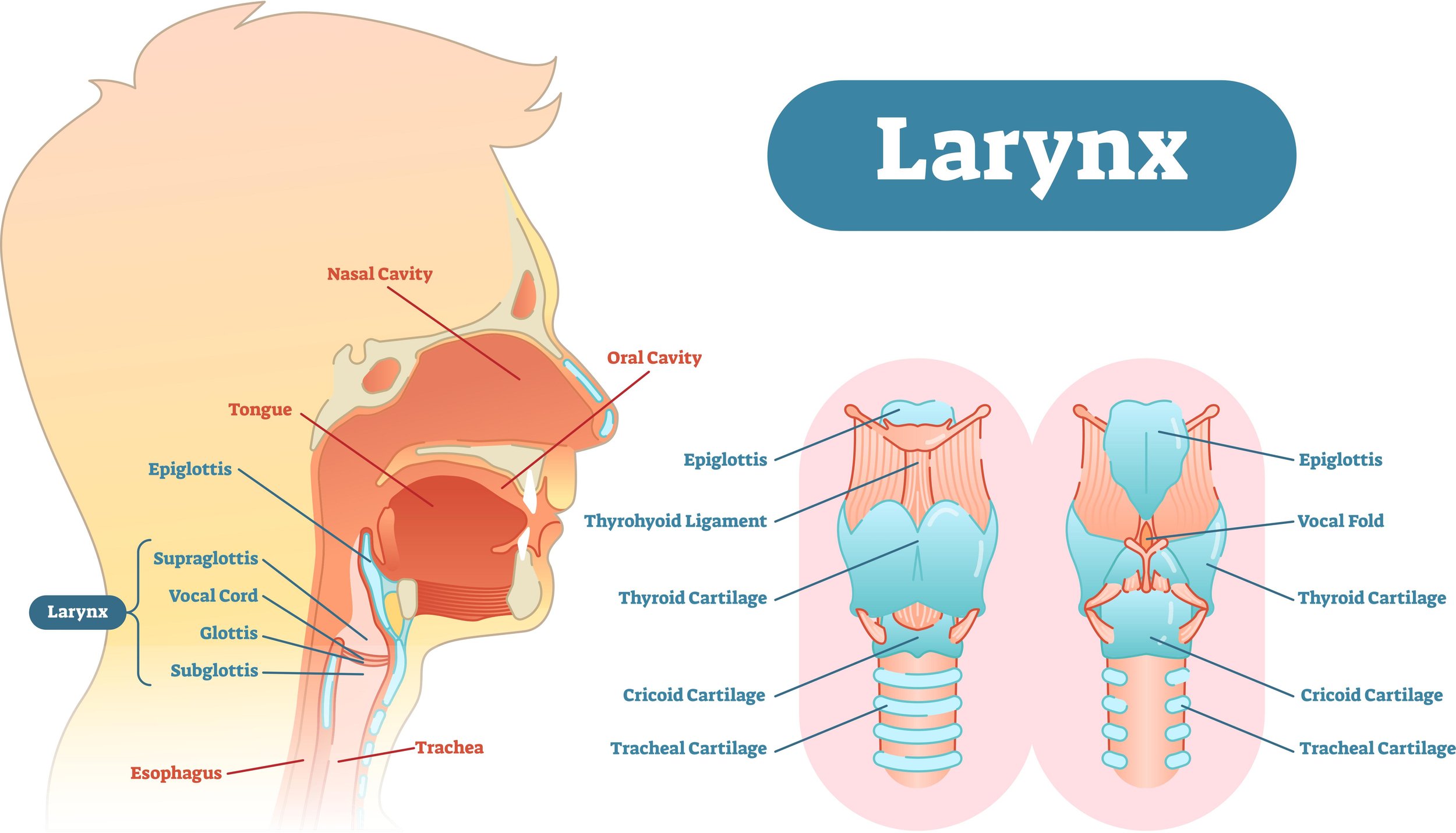Beginners Guide to Singing on Testosterone: What to Expect and How to Thrive
Embarking on hormone therapy can be a transformative journey, especially for singers assigned female at birth. If you’re considering or currently taking testosterone, you might be curious about how it will affect your voice. This article will provide a comprehensive overview of the physical changes you can expect, how different dosages and administration methods play a role, and practical exercises to help maintain your singing voice throughout the transition.
Understanding Testosterone and Its Administration
how does testosterone affect the voice?
Testosterone is a hormone that plays a crucial role in the development of what we think of as traditionally male characteristics.
For people assigned male at birth and cis men, endogenous testosterone (meaning it comes from within the body), causes voice changes during puberty. Those changes include an increase in size of the vocal cords, an increase in size of the larynx, and an increase in size of the vocal tract due to lowering of the larynx.
For those assigned female at birth who take exogenous testosterone (meaning it comes from outside the body), similar changes occur. Exogenous testosterone causes an increase in size of the vocal cords, but the size of the larynx won’t grow much due to ossification (or hardening) of the cartilage of the larynx, and it is thought that the vocal tract size doesn’t grow much either.
Methods of Administration
There are many ways to take testosterone. It can be taken through transdermal gels or patches, intramuscular injections, orally, or buccal patches.
Dosages
Through his own journey and study, researcher and singer Alexandros Constansis took a lower dose of testosterone in order to attempt to change the voice more gradually.
The research available suggests that lower doses may lead to slower changes, while higher doses can accelerate the process but may also increase the risk of more severe vocal instability. It's essential to work closely with your healthcare provider to find the right dosage for you.
Physical Changes to the Voice
Voice Deepening
Due to the growth of the vocal cords, one of the most noticeable effects of testosterone is the deepening of the voice. Testosterone thickens and lengthens the vocal cords, which leads to a lower pitch. Research varies, but most individuals will experience a drop in pitch within the first 6-12 months of therapy.
Not everyone taking testosterone will experience a lowering of the pitch, however. See below.
The Changing Female to Male (FTM) Voice is the research done by Alexandros Constansis in 2008, that was the first of its kind.
He documented his own vocal changes throughout the first year on testosterone. See below.
Voice Quality
In addition to pitch changes, testosterone can affect the voice's quality. You may notice changes in resonance and timbre. Some individuals report a raspy or gravelly quality, especially during the initial months. These changes are due to the alterations in vocal cord structure and function.
Research Evidence
Studies have shown that testosterone therapy can lead to notable vocal changes, but it varies. Some may experience a significant reduction in pitch within the first few months, and others won’t experience changes at all. The extent of change can vary widely among individuals, depending on factors such as dosage, administration method, and genetic predispositions, or age.
The Constansis research of 16 individuals indicates that younger people tend to experience more of a drop in pitch than older people. His research, made up of 8 people on an abrupt dose of T, and 8 on a lower dose of T, also shows that people taking lower dosages experience a greater pitch decrease.
Timeline of Vocal Changes
Initial Changes
Within the first few weeks to months of starting testosterone, you may begin to notice subtle changes in your voice. This period is often marked by a feeling of tightness or having to reach up to notes.
Intermediate Changes
Around 3-6 months, more pronounced changes in pitch and quality typically become evident. Your voice may deepen significantly, and you may experience fluctuations as your vocal cords continue to adjust.
Long-Term Changes
By 12 months, most individuals will experience a stabilization of vocal changes. The voice will have settled into its new range and quality, although some individuals may continue to experience minor changes.
Factors Influencing Timeline
Individual responses to testosterone can vary. Factors such as dosage, administration method, personal physiology, and vocal warm ups, can influence the rate and extent of voice changes.
Maintaining Your Singing Voice
Challenges
Transitioning voices can present challenges, including shifts in vocal range and stability. It’s common to encounter difficulties with high notes or maintaining vocal agility.
It’s also not uncommon to go through a lot of different emotions throughout this process. You might feel frustrated, sad, happy, not sure - all of those things are okay and normal to feel.
As singers, the voice is a part of your identity. So even if you’re taking T and working toward feeling more comfortable in your own skin, you might have mixed feelings
Practical Exercises for Voices on Testosterone
Warm Ups: Start with lip trills or other semi-occluded vocal tract exercises to prepare your voice for singing.
Range Exercises: Practice exercises that go through your entire vocal range, focusing on smooth transitions between the chest and head registers. This can help maintain flexibility and range.
Vocal Health: Stay hydrated and avoid vocal strain. Incorporate hydration into your daily routine, and rest your voice if you feel fatigued.
Tips for Singers on Testosterone
Adapt your practice routine to accommodate your changing voice. Focus on exercises that support vocal health and flexibility.
Don’t “push” harder to get to lower pitches or notes in your upper range.
Consider working with a voice teacher who specializes in gender-affirming techniques to help navigate the changes and optimize your singing technique.
Transitioning your voice is a journey that requires patience and persistence. Embrace the changes as a part of your unique path. Seek support from voice professionals and connect with communities of singers who have undergone similar transitions.
Conclusion
Understanding the impact of testosterone on your voice can help you navigate the changes with confidence. Remember that every voice is unique, and the process will vary from person to person. Stay patient, continue to practice, and seek support as needed. Your voice is an evolving part of your identity, and with the right care and support, you can continue to thrive as a singer.
Ready for some support on your vocal journey?



























